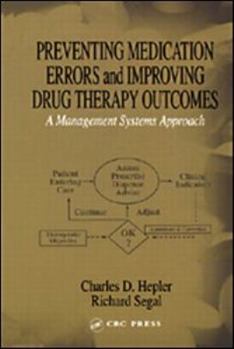The Bounds of Sense: An Essay on Kant's Critique of Pure Reason
Select Format
Select Condition 
Book Overview
Peter Strawson (1919-2006) was one of the leading British philosophers of his generation and an influential figure in a golden age for British philosophy between 1950 and 1970. The Bounds of Sense is... This description may be from another edition of this product.
Format:Hardcover
Language:English
ISBN:0416291007
ISBN13:9780416291001
Release Date:October 1966
Publisher:Methuen Publishing
Length:296 Pages
Weight:1.14 lbs.
Customer Reviews
2 ratings
Huh?
Published by Thriftbooks.com User , 20 years ago
I'm baffled by a previous reviewer's claim that Strawson's book "offers the typical idealist interpretation of Kant." The principal achievement of Strawson's excellent book is to break AWAY from the traditional idealist interpretation of Kant.
A Classic Kant Text
Published by Thriftbooks.com User , 21 years ago
This is an extremely important classic text on Kant. Strawson has a metaphysical project that is at once inspired by Kantian issues (and insights) and independent of them, which is more elaborately developed in his Individuals. Here, Strawson offers us an eloquent exposition and critical discussion of the CPR. He is not altogether sympathetic with K's TI. However, most Kant scholars agree that Bounds of Sense is not a defense of Kant's metaphysics--Strawson's Kant is not a Kant that a student should walk away with as the genuine article. Nevertheless, Strawson provides us with elegant philosophical prose, while highlighting both areas: marks of Kant's genius and piteous incoherence (or obscurity).Despite the fact that Strawson's attribution of inconsistency to K's TI isn't well argued or defensible, there is still much to learn here about good analytic philosophy (although not in terms of historical accuracy).I also recommend: Guyer, Longuenesse, Allison, Langton, Stroud, Forster, McDowell's M and W, and A. Brueckner's UCLA dissertation on Kantian anti-skeptical strategies, as well as H. Ginsborg's Harvard dissertation on judgment. Also see Stern on Transcendental Arguments (Oxford UP).Part One in Bounds of Sense is the General Review, which is important reading, especially the conclusion with its most elegant (and longish) last paragraph. This provides us with compelling reasons to take Kant seriously in our contemporary philosophical climate, despite Strawson's charge of the Second Analogy as a non sequitur of numbing grossness (a famous quote, p 28). Strawson is correct to hail the insights of the Trans. Deduction, which he says "are very great and novel gains in epistemology, so great and so novel that, nearly two hundred years after they were made, they have still not been fully absorbed into the philosophical consciousness" (p. 28). Outside of Pittsburgh, Philadelphia, and Berkeley, Strawson is likely right in this characterization.Part Two, Section 2 is useful reading. Strawson's work in Section 3.2, 3.3, and 3.8 is also useful (on permanence, objectivity, and the refutation of idealism). Part Four is important yet controversial (on K's TI). Part Five is also most valuable; it is on K's geometry.Although this is a problematic and controversial text (and overall interpretation of Kant), for all that, it is also valuable and often insightful. I recommend this text in conjunction with reading Strawson's Individuals and K's Prolegomena (Cambridge or Hackett).





